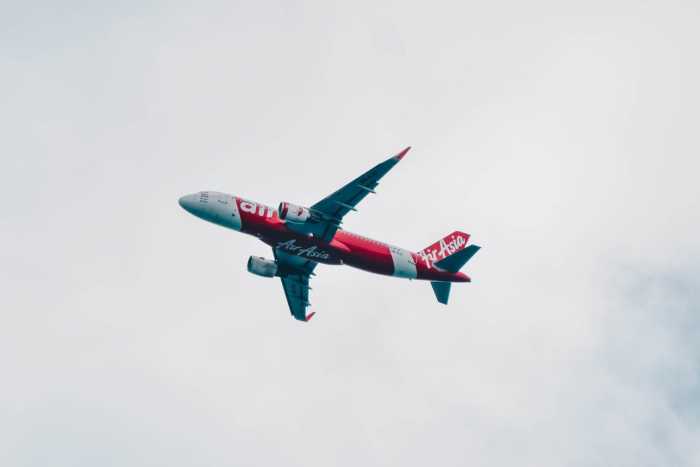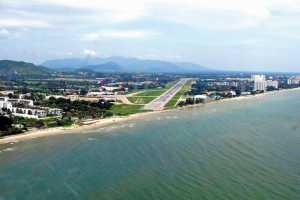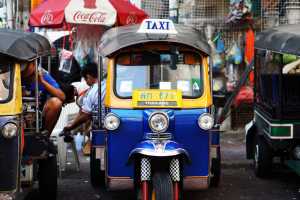
Self Service Airports
2nd Aug 2011

Self service at airports is exploding in popularity globally, and, although it may be a while before we see some of the very sophisticated methods being used around the world at Phuket Airport, it is inevitable that self-service becomes the norm at the airport.
Already airlines with direct flights to Phuket, such as Tiger Airways of Australia, are well advanced at introducing kiosk check-in and a sophisticated SMS boarding pass technology. Others are either in the process, or will need to follow suit to remain competitive. The airline terminology for self service is Common Use Self Service (CUSS).
In many ways Phuket Airport, with an overwhelmingly tourist based, destinational passenger throughput, does not have the same needs for self service technology that larger, hub airports with large business passenger volumes do, as most of the passengers do not have the same sense of urgency.
However, it is worth remembering that huge numbers of visitors to Phuket come from countries such as Germany, Sweden, Australia and Japan where highly sophisticated self service such as kiosk check-in and baggage tagging and tracing has been in use for some time.
An expectation from these high value visitors, if nothing else, will ensure that the airport will eventually need take on much more self service through techniques like kiosks coupled with the airport's projected passenger volumes to around 13 million by 2014; up from around 6 million now, which will force the introduction of multi-tasking self-service just to meet demand.
And did we mention baggage? Ah baggage: The bane of many a traveler's journey. A recent poll by the national daily USA Today, found that of the top 10 things that annoy passengers the most, luggage charges (extra fees for overweight) were number 1. Not being able to reach a live service representative was number 4 and long waits for baggage claim was number 10.
These are all relevant to the huge increase in self service technology. To demonstrate just how self-service is expanding, SITA, a leading air transport and IT communications specialist company, conducted a self-service survey this year taking a representative sample of 287.6 million passengers using seven international airports at Hartsfield-Jackson and Atlanta, USA; Mumbai, India; Moscow, Russia; Sao Paulo,, Brazil; Beijing , China and Frankfurt, Germany.
It found that 74% of passengers booked online; online check in was at 61% and kiosk check-in at 71%. About 70% of passengers would tag their own bag if they could and 75% were interest in off airport bag drop-off.
So, self service is growing exponentially with the need for airlines to cope with increasing numbers of travelers, while trying to keep their costs down and attempting to make the travel experience as seamless and enjoyable as possible.
We are moving toward the so-called 'unstaffed airport,' which sounds great, but there are one or two issues. Firstly, the No 4 in the USA Today survey: what happens if there is no 'live person' around if something goes wrong? Secondly, passengers still need educating about new technologies already in use in places like Sweden, such as fingerprint based biometric for baggage handling.
This application to a major security and efficiency issue, involves the passenger imprinting a finger print on a machine at check in, which matches their identity with the bag. Airlines require that a passenger with baggage also boards the same plane. The process should not hinder the efficiency of the check-in and boarding process. The fingerprint is erased at the end of the flight to protect personal integrity.
This and many other forms of self-service are revolutionalising the passenger experience. It is only a matter of time before Phuket Airport joins the party.









